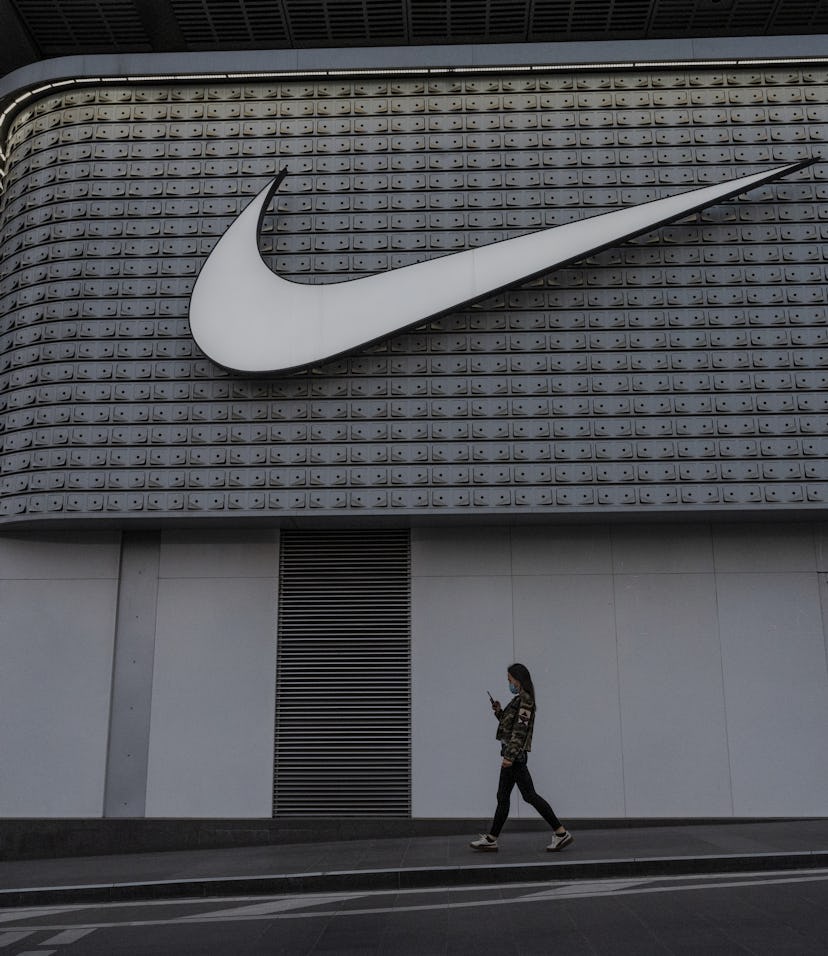Style
Nike and Adidas sales fall in China after criticizing Uyghur genocide
Online sales through Tmall serve as a bellwether.

Both Nike and Adidas have issued statements condemning the treatment of Muslim Uyghurs in the Xinjiang region of China — a stance that’s cost them significantly through online sales in the country. Sales on Tmall, China’s largest direct-to-consumer platform, have fallen 78 percent for Adidas and 59 percent for Nike compared to the same time last year, according to a report by Bloomberg.
Many Chinese consumers are boycotting international brands who’ve criticized the government’s treatment of Uyghurs. An estimated 1 to 2 million people from the religious minority group have been subject to detainment in internment camps, where they’ve undergone forced “re-education,” sterilization, and labor, among many human rights abuses.
Nike has denied that it sources any products from Xinjiang factories that used forced labor, while Adidas joined several brands in pledging to cut such factories from its supply chain. A study from a think tank funded by the Australian government found 83 companies directly or indirectly benefiting from forced labor by the Uyghurs. That study formed the basis of a campaign by an EU Parliament member to push businesses to sever their business ties with factories using forced labor.
The Chinese market is massive — Nike and Adidas have had to weigh the moral imperative against how crucial China is to their bottom line. Sales in Greater China have been especially important as brands seek to bounce back from the financial effects of COVID-19, and the country accounted for nearly one-fifth of Nike’s sales for fiscal 2020 and almost a quarter for Adidas.
It’s within that landscape that Nike and Adidas’ statements against an actual genocide have been relatively tame, but not enough so to prevent a boycott within China. Criticism, if you can even call it that, has amounted to Nike saying, “We are concerned about reports of forced labor.” Adidas, meanwhile, said its workplace standards “strictly prohibit all forms of forced and prison labor.”
If you’re looking for more arduous and specific opposition to China trying to eradicate millions of people, you’re not going to find it at Nike, Adidas, or many other brands that do business in the country. They have, however, done the bare minimum — and that alone has had a major financial cost.